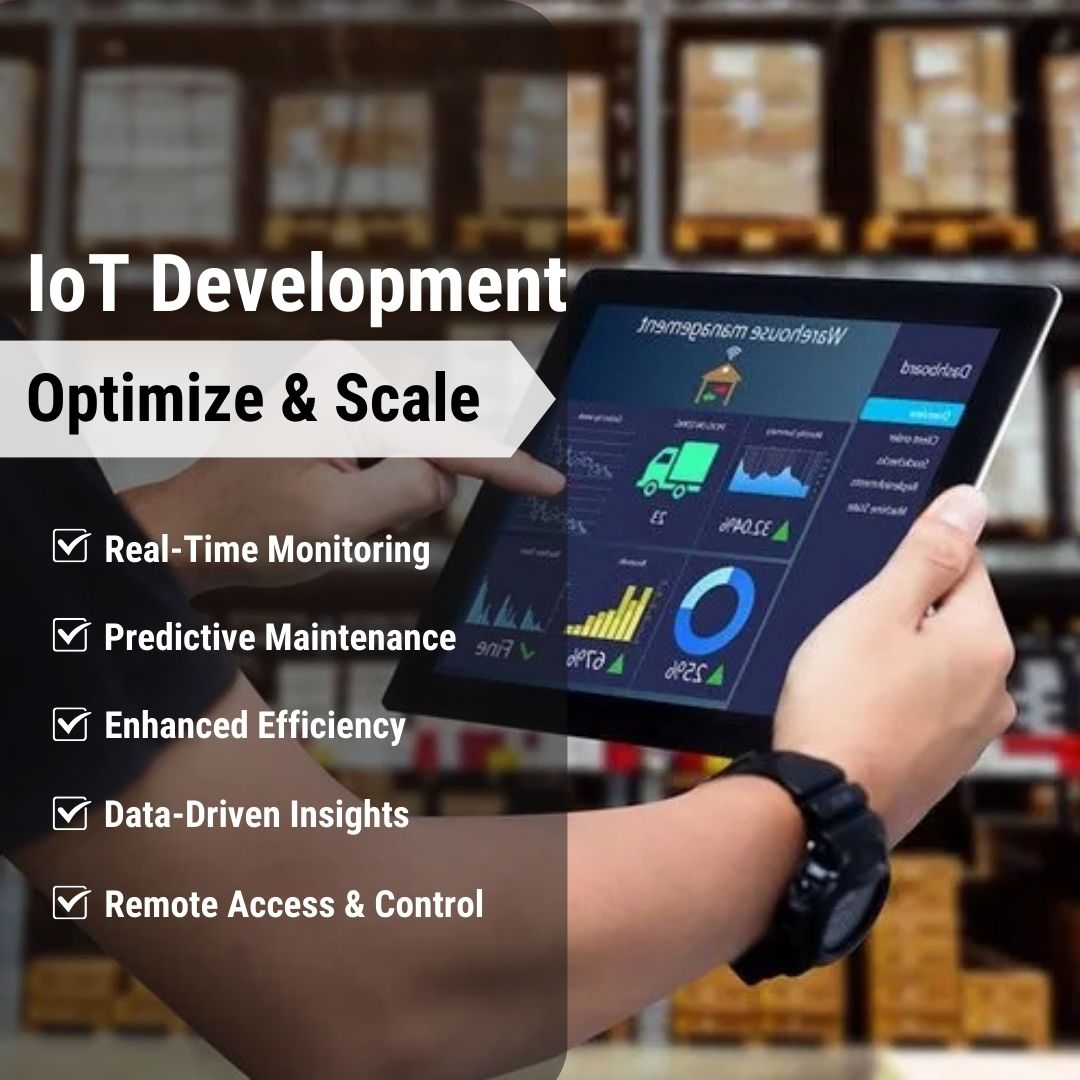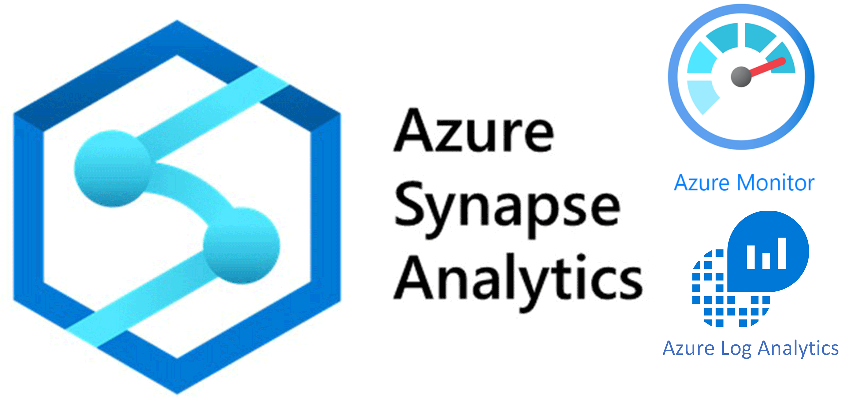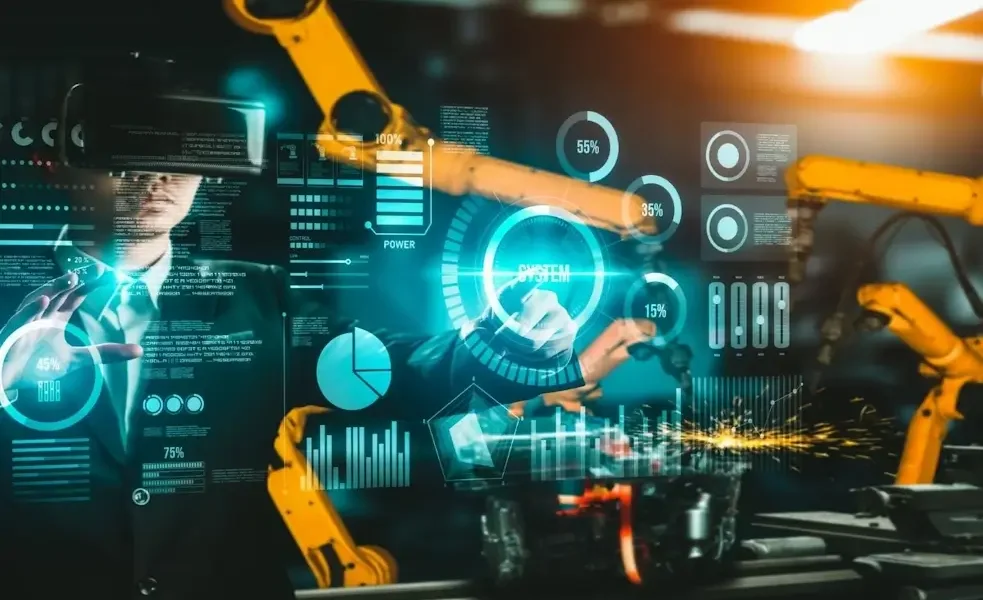In today’s digital age, businesses are constantly seeking innovative ways to streamline their operations and gain a competitive edge. One technology that has gained significant momentum in recent years is the Internet of Things (IoT). IoT has revolutionized the way businesses operate by enabling them to connect various devices, collect data, and derive valuable insights. Microsoft Azure is one of the leading cloud platforms that offer a range of IoT services, including data analytics, machine learning, and real-time monitoring. In this article, we will explore 5 ways Azure IoT applications can help improve your operations and take your business to the next level. So, whether you’re looking to optimize your supply chain, improve product quality, or enhance customer experience, Azure IoT can provide you with the tools and insights you need to achieve your goals. So, let’s dive in! Read more on Azure IoT Consulting services .
Azure IoT developers can help Enterprises leverage Cloud App Development services and build enterprise-ready apps quickly, accelerating time-to-market. Azure Web Apps Service offer numerous benefits.
Of all the technologies, IoT happens to have made a dramatic impact in the digital world. IoT app development is a whole different ballgame as compared to traditional application development. We build cloud based, high speed IoT solutions that leverage the tremendous power of our client’s data.
How Azure IoT Applications can improve operational efficiency
IoT App Development can help your business improve operational efficiency by enabling real-time monitoring and insights into your business operations. With Azure IoT solutions, you can collect data from various devices and sensors, analyze it, and gain valuable insights into your business operations. This can help you optimize your business processes and identify areas for improvement. For example, you can use IoT-enabled devices to monitor equipment performance and identify inefficiencies. This can help you reduce downtime, increase productivity, and improve operational efficiency.
Azure IoT solutions can also help you identify patterns in your business data and provide you with predictive analytics. This can help you anticipate issues before they occur, enabling you to take proactive measures to prevent them. For example, you can use predictive analytics to identify equipment failures before they happen and schedule maintenance to prevent downtime. This can help you reduce maintenance costs and improve overall equipment effectiveness.
Azure IoT applications can also help you streamline inventory management by enabling real-time tracking of your inventory levels. With IoT-enabled devices, you can track inventory levels in real-time, enabling you to optimize inventory levels and reduce waste. This can help you improve inventory accuracy, reduce stockouts, and increase customer satisfaction.
Real-time monitoring and insights
One of the key benefits of Azure IoT applications is real-time monitoring and insights. With Azure IoT solutions, you can monitor your business operations in real-time, enabling you to identify issues as they occur. This can help you take immediate action to resolve issues and prevent them from escalating. For example, you can use IoT-enabled devices to monitor the temperature and humidity levels in your warehouse. If the temperature or humidity levels exceed a certain threshold, you can receive an alert and take immediate action to prevent damage to your inventory.
Real-time monitoring and insights can also help you improve customer experience. With IoT-enabled devices, you can monitor customer behavior and preferences, enabling you to personalize your offerings and improve customer satisfaction. For example, you can use IoT-enabled devices to track customer traffic in your store and identify popular products. This can help you optimize your product offerings and improve customer experience.
Predictive maintenance
Another way Azure IoT applications can help improve your operations is through predictive maintenance. With Azure IoT solutions, you can use machine learning algorithms to predict equipment failures before they occur. This can help you schedule maintenance proactively, reducing downtime and increasing equipment performance. Predictive maintenance can also help you reduce maintenance costs by enabling you to schedule maintenance only when it’s needed.
Predictive maintenance can also help you improve product quality. With IoT-enabled devices, you can monitor product quality in real-time and identify issues as they occur. This can help you take immediate action to resolve issues and prevent them from recurring. For example, you can use IoT-enabled sensors to monitor the temperature and humidity levels of your products during storage and transport. If the temperature or humidity levels exceed a certain threshold, you can take immediate action to prevent damage to your products.
Inventory management
Azure IoT applications can also help you streamline your inventory management processes. With IoT-enabled devices, you can track inventory levels in real-time and optimize your inventory levels based on demand. This can help you reduce waste and improve inventory accuracy. For example, you can use IoT-enabled sensors to track the temperature and humidity levels of your perishable products during storage and transport. This can help you ensure that your products are stored in optimal conditions, reducing waste and improving product quality.
Improved supply chain visibility
Azure IoT applications can also help you improve supply chain visibility. With IoT-enabled devices, you can track your products and shipments in real-time, enabling you to identify issues as they occur. This can help you reduce supply chain disruptions and improve on-time delivery. For example, you can use IoT-enabled sensors to track the location and temperature of your shipments during transport. If the temperature exceeds a certain threshold, you can take immediate action to prevent damage to your products.
Integration with other business systems
Another benefit of Azure IoT applications is integration with other business systems. With Azure IoT solutions, you can easily integrate IoT data with other business systems such as ERP and CRM. This can help you gain a holistic view of your business operations and improve decision-making. For example, you can integrate IoT data with your CRM system to gain insights into customer behavior and preferences. This can help you personalize your offerings and improve customer satisfaction.
Implementing Azure IoT Applications
Implementing Azure IoT applications can be a complex process and requires careful planning and execution. Before implementing Azure IoT solutions, it’s important to identify your business goals and the specific problems you want to solve. You should also consider the types of devices and sensors you’ll need and the data you want to collect. Once you have a clear understanding of your business goals and requirements, you can start designing and implementing your Azure IoT solution.
Case studies of successful implementation
There are many examples of businesses that have successfully implemented Azure IoT solutions to improve their operations. For example, a large manufacturing company used Azure IoT solutions to monitor equipment performance and identify inefficiencies. By analyzing the data collected from IoT-enabled devices, the company was able to reduce downtime, increase productivity, and improve operational efficiency.
Another example is a retail company that used Azure IoT solutions to improve customer experience. By using IoT-enabled devices to track customer traffic and behavior, the company was able to personalize its offerings and improve customer satisfaction.
Azure IoT Development
Azure IoT Hub
establishes simple, secure and bidirectional communication between IoT devices and the cloud, it provide many features from connectivity, device mamagement, scalability for IoT Large scale implementation.
The Azure IoT device SDKs include a set of device client libraries, samples, and documentation. The device SDKs simplify the process of programmatically connecting devices to Azure IoT for all the operational activites that we can do with Azure IoT hub. The SDKs are available in various programming languages.
Azure IoT Hub
natively supports communication over the MQTT, AMQP, and HTTPS protocols. In some cases, devices or field gateways might not be able to use one of these standard protocols and require protocol adaptation. In such cases, you can use a custom gateway.
Gain insights that help you drive better products, optimise operations and costs and create breakthrough customer experiences. Apply your domain expertise on top of Azure Digital Twins to build connected solutions.
Azure IoT Edge
is a fully managed service built on Azure IoT Hub. Deploy your cloud workloads—artificial intelligence, Azure and third-party services or your own business logic—to run on Internet of Things (IoT) edge devices via standard containers. By moving certain workloads to the edge of the network, your devices spend less time communicating with the cloud, react more quickly to local changes and operate reliably even in extended offline periods.
Conclusion
Azure IoT solutions can help businesses improve operational efficiency, reduce costs, and enhance customer experience. By enabling real-time monitoring and insights, predictive maintenance, inventory management, improved supply chain visibility, and integration with other business systems, Azure IoT solutions can provide businesses with the tools and insights they need to achieve their goals. However, implementing Azure IoT solutions can be a complex process and requires careful planning and execution. Businesses that successfully implement Azure IoT solutions can gain a competitive edge and take their operations to the next level.



